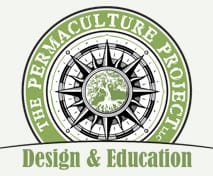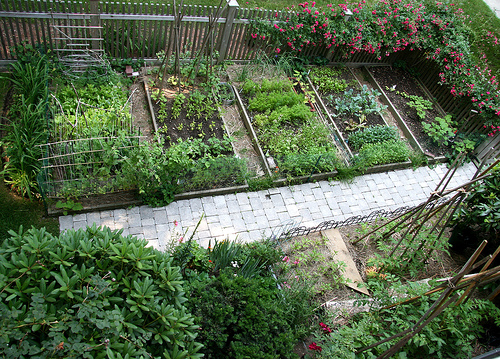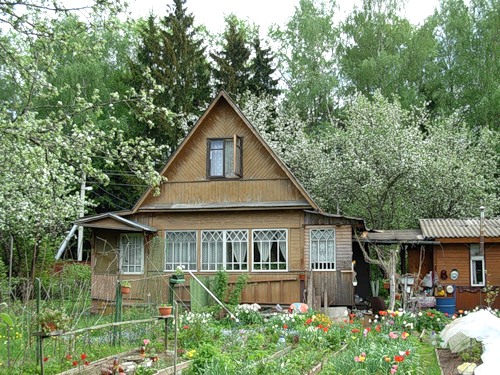Here are thoughts from a reading of the first chapter of Bill Mollison’s, Permaculture: A Designer’s Manual, from my Russian student, Natalia:
On the “principle of cooperation” (p.2)
I suppose this principle implies cooperation in a very broad sense. As to the initial design of the land, we have to always bear in mind that we never actually “start from scratch”. There is always something already there, like plants, wildlife, soil with all its qualities, climate, etc. For instance, I live in a cool climate, and most people here consider it to be a great obstacle for their farming and gardening. They usually think this way: how can I fight nature in order to have a good yield? But maybe it should be thought the other way. What species would grow here naturally? What livestock and particular breeds can I get that would suit? How can I get the most from what I have already got? Not by confronting it, but by deeper understanding of its very nature.
On the “ethical basis of permaculture” (p.2)
Those three principles are deeply interconnected, as Bill Mollison himself indicates. We do not live alone anywhere. If I am planning to do something, how will it change the existing interrelations within the ecosystems? What effects might those changes cause on a larger scale? If I take something from nature, how am I going to replace it?
Each and every species existing has its purpose to be here. I often see how people here are trying hard to get rid of moles that destroy their lawns, of swallows that poop onto their houses, of the pike eating up all the others in the fishponds. In fact, the only ‘useless’ species that is fully tolerated here is the stork: everybody complains of the noise and filthy roofs, still it is one of the symbols of the region. But really, I do not see how the mole is that terrible, and as far as I have read, the moles are also useful in a certain way. And the swallows are certainly great for controlling the mosquito population. The only nasty creature I see here right now is the omnipresent mistletoe. But maybe I just do not know enough about it yet.
And of course, care of the Earth should not end where my land ends. And should also include reusing and recycling everything, using alternative energy sources, aiming for no waste or pollution, etc. Like, now I do not have any livestock yet, but I still have kitchen waste. So I think it is high time for me to start composting it.
As for the people, I noticed that here where we live now the people are very different from where I come from. As many here live on isolated farmsteads and also due to the recent history of the area, people care a lot of each other. Not because they are just kind-hearted, but because helping your neighbor, or buying something from them, or giving them jobs, becomes an investment into your own wellbeing. In Russia strong rural communities are very, very rare. Actually, the fear of potential neighbors is one of the reasons people decide not to move from towns and cities. But fortunately, here things are different. Apart from investing your resources locally rather than globally and building all sorts of connections within the community, the care of people principle can also be understood in a more global way. Like the whole Earth is our home and everything that happens on it does affect our lives, the global community is our community. And if I can encourage in people what I myself value and appreciate (even in a small way, like sharing information and making them aware), I should do it, because that will make my own life better.
As for the third principle stated by Mollison, I see it more as a part of the first two. We should only take what we really need. I know people who would go fishing, for instance, and try to catch as many fish as they can. They would then cook and eat a couple of them and simply throw away all the others. The same can be observed in the mushroom season. Also, a lot of people work hard day and night just to have more money, and that is much the same. Fact is, most people nowadays over-consume, either in reality or in their aims and dreams. I have a plot of land that is much bigger than it would be needed just to provide my family with food. So maybe I should use the extra land for providing habitat for local wildlife, for instance. But to do that I will need to realize exactly the needs of my family, my livestock, etc. And that is about careful accounting in all spheres of life and usage. And ability to plan ahead, like to store energy and produce. Even when I cook my meal, I should think how much food I really need to cook. Because if I cook too much, that would result in extra use of energy, in throwing away food or damaging my health by overeating. And if I happen to get an extra amount of something, I should always think how to make the best use of it. Like giving it away to those who need it, or trying to use it some new way (like making wine from berries, or using them in home-made cosmetics or remedies).
Or another example: my husband and I like dairy products a lot, so we have always thought of having a cow once we move out of town. But then, considering the average amount of milk a cow gives, even one milking cow might be too many for us. Even if we make cheese, cottage cheese, butter and other such things for ourselves. Also, there is really a lot of milk in the area. So now I am questioning myself if we should really have a cow right away. Or maybe we should wait until our family grows bigger and buy or exchange milk from our neighbors meanwhile?


